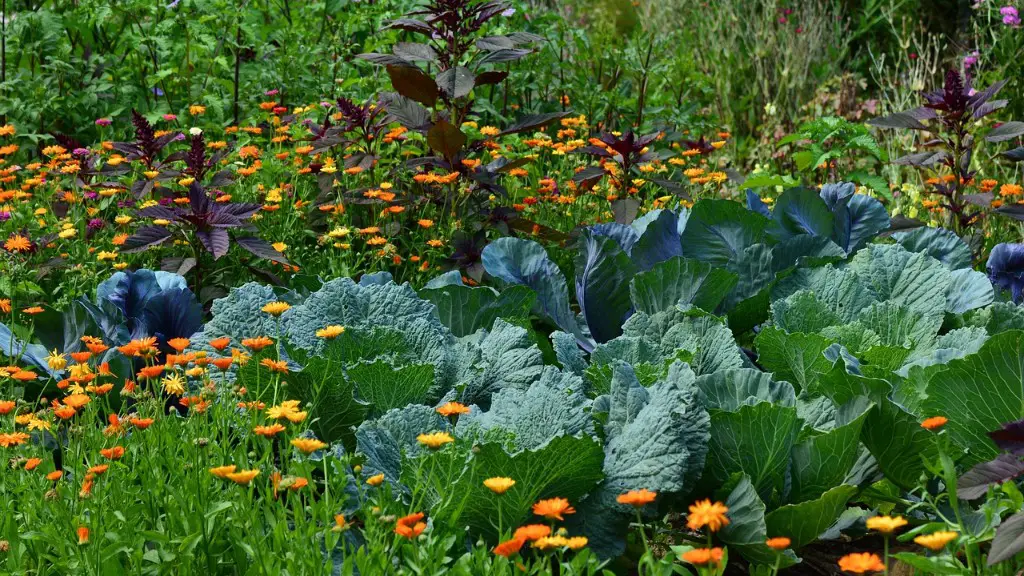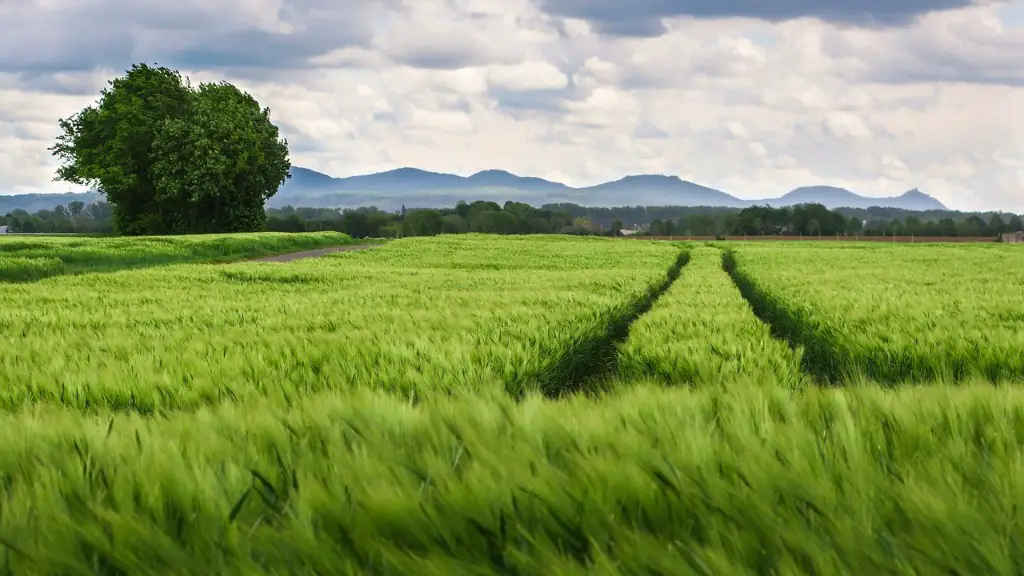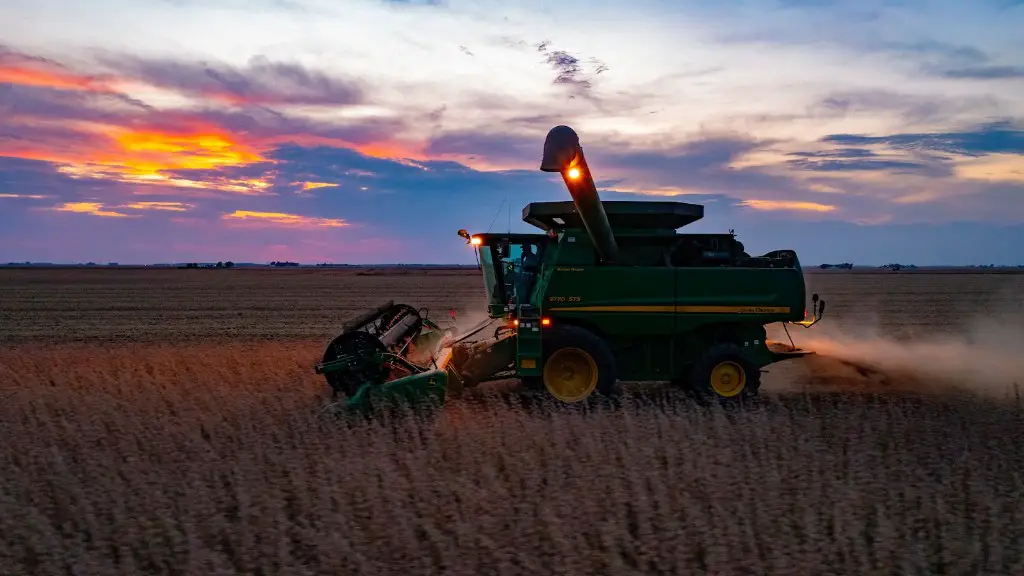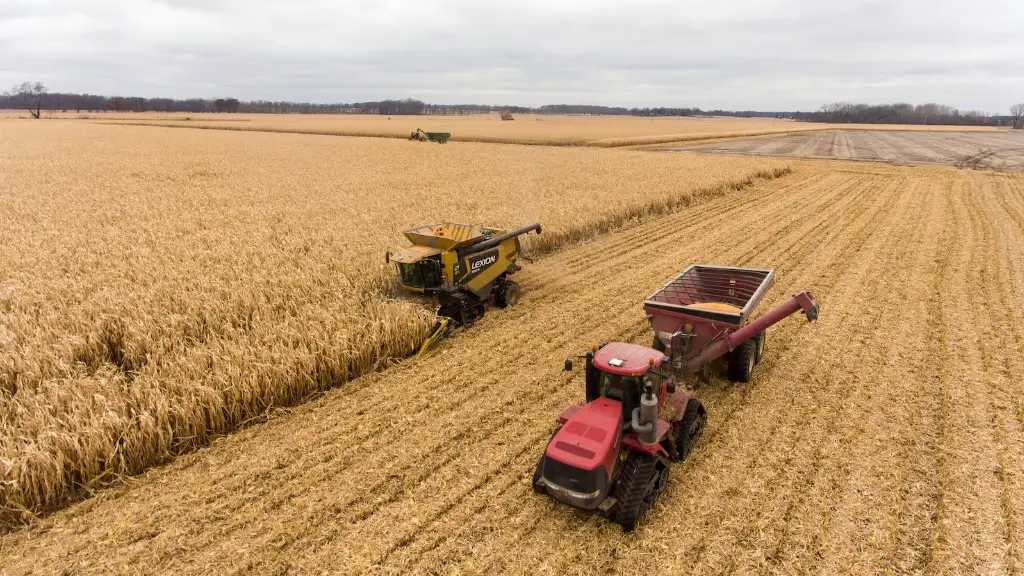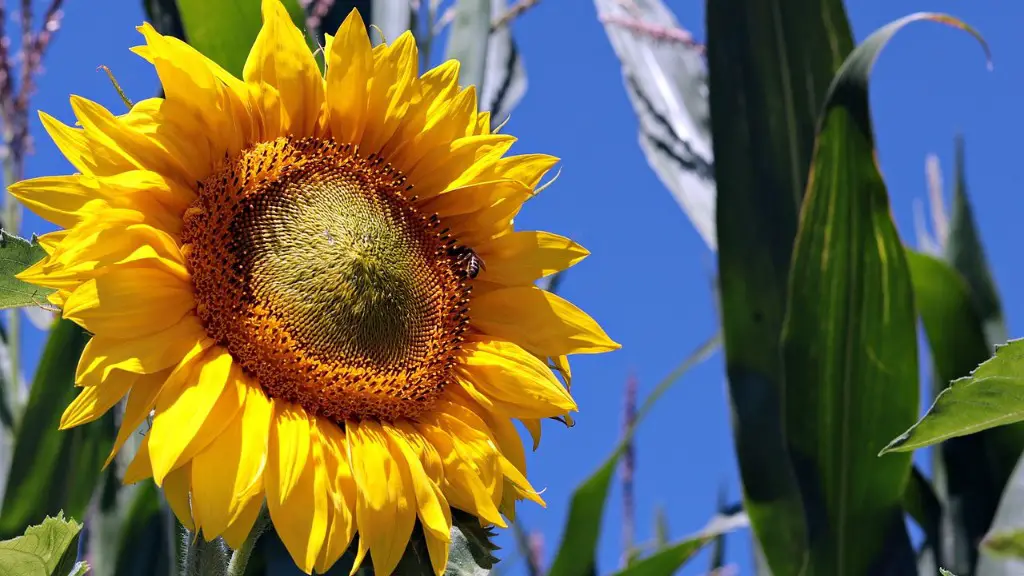Agriculture has been an integral part of human development since the Neolithic Age, with early cultural practices involving the domestication of animals and developing land for the production of food. Historians have proposed a wide range of dates for the beginning of agricultural practices, ranging from 10–8 ka BP (thousand years before present). Some of the earliest evidence for animal domestication and cultivation comes from sites throughout the Near East, India and China. The development of sustainable farming practices in the past millennium has allowed for the development of the modern commercial food system.
The earliest evidence of agriculture is found in the Levant and Fertile Crescent regions, which was an area located between the Tigris and Euphrates Rivers. Archaeologists have uncovered evidence that suggests that beginning around 10 ka BP, hunter-gatherers started cultivating crops at limited sites in the area. These sites show signs of crop rotation, as well as the use of stone tools and other artifacts that suggest that early farmers had a basic understanding of soil fertility and husbandry. Archaeological evidence also suggests that early farmers developed irrigation practices.
The earliest evidence for the domestication of animals comes from the late Neolithic period, approximately 8–7 ka BP. Animal remains from sites in the Near East show that early humans were breeding livestock for meat and milk production. Initially, domesticated species were small and generally used for their pelts. However, over time, these species increased in size, especially cattle, which were used to provide a variety of foodstuff, including meat and milk.
By 5000–4000 BP, the Neolithic Revolution was in full swing. This major transition in human social and cultural practices was marked by the development of new farming techniques, increased population densities, and the emergence of urban centers. Farmers were able to produce food and cultivate a diverse array of crops, allowing for the development of multifaceted societies.
Agriculture has had a significant role in the development of civilizations and cultures over the past 10,000 years. While the exact date of its beginning may be difficult to pinpoint, it’s clear that it has played a major role in the development of modern society. Newer technologies allow for increased crop yields and sustainability, making the future of agricultural practices promising.
The Neolithic Revolution
The Neolithic Revolution is often cited as the key moment in the dawn of agriculture, when hunter-gatherer societies across the globe began to experiment with farming the land for food production. This drastic shift in lifestyles, marked by the domestication of plants and animals, radically disrupted the subsistence lifestyle of the hunter-gatherer, as it enabled the emergence of sedentism. This new way of living allowed for greater levels of stability and increased population density, leading to the a new level of development in society.
As farming began to become more widespread, its effects on the environment were noticeable. Agricultural clearance could be seen impacting habitats around the world, and these new practices continued to shape the land and its inhabitants as they spread. While subsistence farming was common in many parts of the world during this period, it was also the beginning of industrial agriculture, as technological advances made it possible to produce food in larger quantities.
Current State of Agriculture
Today, agriculture has undergone immense changes and has become an integral part of the global economy. Advances in technology have allowed for the emergence of large-scale agricultural systems and new processes for crop production. These developments have resulted in increased production of food staples, enabling global trade and the flow of other resources around the world. The commercialization of agriculture has had a huge impact on global society, providing us with the necessities for survival.
At the same time, these changes in agricultural practices have had a negative effect on the environment. Farming methods such as monocropping and the use of chemical fertilizers have been linked to soil degradation and air pollution. Additionally, industrial farms are often the intense users of resources like water, which can have detrimental impacts on the environment and local resources.
Agriculture has been and continues to be an important part of human life, providing us with the necessary resources for survival and development. While the exact date of its beginning is difficult to pinpoint, it is clear that its impact on the world has been immense and its future is promising.
Emergence of Aquaculture
Aquaculture is the cultivation of freshwater or marine organisms and is an increasingly important means of food production. Although aquaculture dates back to ancient cultures and has been around for centuries, the modern fish farm industry has only come into existence in the past few decades. This rapid development was sparked by technological innovations and increased consumer demand, ushering in an era of mechanized and industrialized fish farming.
Aquaculture has become an essential tool in food security, providing a much-needed source of protein, omega-3 fatty acids, and other nutrients to the global population. A number of countries, including China, India, the United States, and Norway, have made aquaculture a priority, leading to the development of robust fish farming systems. In addition to its direct contribution to food security, aquaculture has also had indirect positive effects, including improved biodiversity and employment opportunities.
Despite its benefits, aquaculture has been met with criticism for its potential impacts on natural ecosystems, such as the introduction of invasive species and the potential for disease transmission. As a result, many countries have passed legislation that regulates the industry, emphasizing policies to ensure sustainable practices. These rules ensure that the development of the industry is done in a way that minimizes environmental damage and safeguards the health of the fish being farmed.
Agricultural Research and Development
Agricultural research and development (R&D) is an important part of modern farming. This R&D focuses on increasing crop yields, improving quality, and developing new varieties of crops in order to meet the changing needs of a growing global population. This research is conducted by both public and private institutions and funded by a variety of sources. Governments, philanthropic organizations, and universities are all major players in this work.
R&D is essential for improving and expanding agricultural production, as it allows for the development of technologies and solutions that can drastically increase yields and reduce losses. Modern technologies such as precision agriculture, genetically modified organisms, and artificial intelligence provide farmers with the tools to maximize their potential and achieve greater efficiency. Additionally, R&D has the potential to reduce poverty in developing countries, especially when research is conducted in ways that prioritize the needs of small-scale farmers.
Research and development has played a key role in the evolution of agriculture and will continue to be essential in the foreseeable future. As the world’s population continues to rise, food production must increase as well. R&D is necessary to provide solutions to these issues and allow for the efficient and sustainable production of food.
Urban Agriculture
Urban agriculture has become increasingly popular in recent years and can be defined as cultivation and production of food within a city. While it is nothing new and has been practiced in many parts of the world for centuries, its adoption in the West has been relatively recent. It has been proposed as a solution to many of the problems facing modern cities, such as limited space and access to fresh produce.
Urban agriculture offers a number of benefits, such as providing a closer connection between food production and consumption, providing employment opportunities, and promoting sustainable practices. Additionally, it can be an important part of a city’s resilience plan, as it can provide an alternative food supply in times of need. For these reasons, many cities across the world have adopted urban agriculture plans and are actively promoting its growth.
Urban agriculture is seen as a viable solution to many of the challenges facing modern cities. Its potential to create employment, increase access to fresh food, and promote sustainable practices make it an attractive option. However, it must also be well managed in order to ensure that its benefits outweigh any potential negative impacts.
Agricultural Technology
The development of agricultural technology has allowed for the blurring of lines between traditional and modern farming methods. This has come in the form of precision agriculture and other technologies that improve the efficiency and water use of agricultural practices. This technology has had a drastic effect on the way food is produced, from the introduction of robotic milking machines to the use of drones for crop monitoring. This far-reaching change has had a major impact on farms across the globe and has opened up a world of possibilities for the industry.
Agricultural technology has transformed the way food is grown, harvested, and processed. Automated systems have drastically improved productivity and allowed for increased quality and safety. This technology has also allowed for new data-driven options such as precision agriculture and precision livestock farming, which provide improved methods for controlling inputs and maximizing yields.
Agricultural technology has revolutionized the way food is produced, offering growers and producers more efficient and sustainable practices. This revolution can be seen in the industry’s increasing reliance on technology, with robotic and automated systems becoming commonplace. By offering a wealth of possibilities and opportunities, this technology is ushering in an exciting new era of agriculture.
